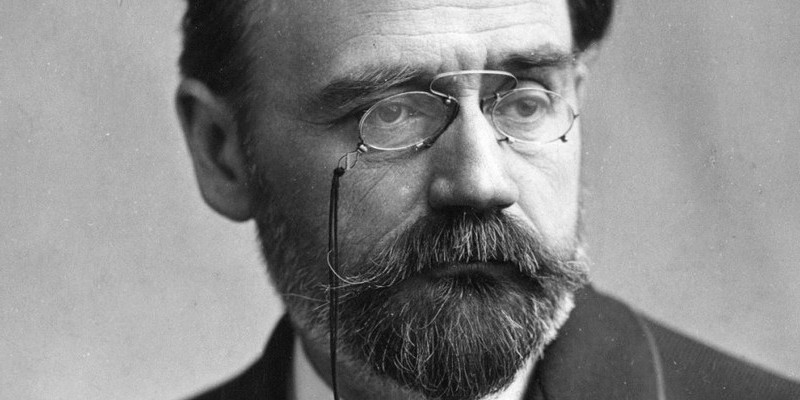Unipop: The invention of the figure of the individual by the first sociologists #1
Cultural café

The figure of the individual is omnipresent in our contemporary societies. It is obvious to say that social practices – of work, culture and leisure, etc. – are individualizing. – are individualizing. They are the work of individuals whose “qualities”, “performances”, “skills”, etc. are praised and/or cultivated.
We live in a society that values the individual more and more, often to the detriment of what socially links him to others. Because the individual is also a social being.
The health crisis that we have been going through for almost two years shows this in its pathological effects. The successive confinements remind us that the individual needs “social relations”, that his personal development depends on multiple forms of sociability.
It is this relationship between the pole of the individual and the pole of society that I wish to analyze. I will privilege the approach of the first great sociologists of the end of the nineteenth century and the beginning of the twentieth century.
These sociologists had, indeed, to think the emerging figure of the individual in the societies which were industrializing. What will hold my attention is the way they define the relation between the individual and the society and how this relation is crossed by multiple tensions which illustrate what I will call the social nature of the individuals.
Session 1 :
“Durkheim 1: the individual as a being of solidarity – from community to society”
Date: Périscope, Monday, February 14, 2022, 19h-21h.
Durkheim, in the French sociological tradition, is undoubtedly the first author to have systematically raised the question of the relationship between the individual and society. He did so from an analysis of what he called the forms of social solidarity. In this first presentation, I will therefore present the way in which Durkheim envisages the emergence of this figure of the “modern” individual, based on his theory of solidarity. We will see, on this occasion, that he proposes, beyond his sociology, a moral and political conception of the place of the individual in society.


